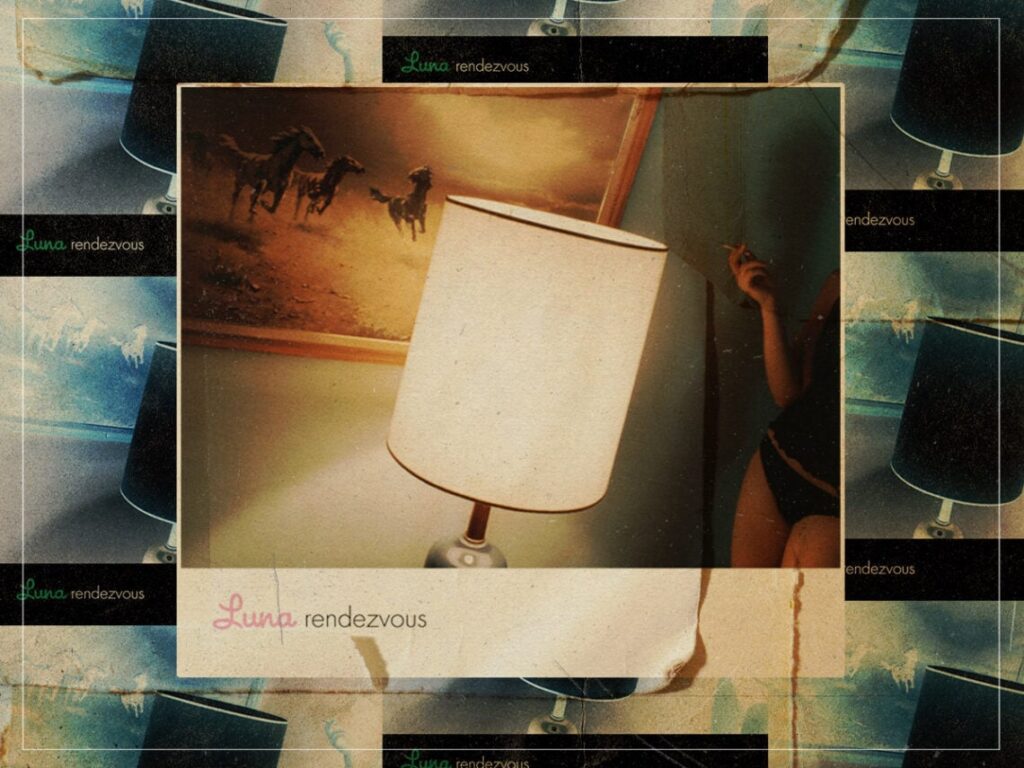The story of ‘Rendezvous’: Luna’s overlooked indie masterpiece
 Posted On
Posted On
(Credits: Far Out / Luna)
In the wonderful world of indie rock, pretty much everyone is a cult hero. The very nature of the genre, if you can even call it that, is predicated on making proudly uncommercial, heartfelt music for a diehard, devoted scene of followers. Pretty much everyone can be counted on to be a hero to someone, but even with that in mind, Dean Wareham is a real-life, honest-to-goodness cult hero.
The kind of indie rocker who could make unsuspecting A&R men’s eyes flash up dollar signs with his model looks and his way around a sighed melody, Wareham was a proto-Stephen Malkmus. His first band, Galaxie 500, was formed in the hallowed halls of Harvard University and immediately became beloved by that bastion of independent music, John Peel.
Over three critically acclaimed studio albums (two of which were released by Rough Trade), the band more or less defined the sound of indie’s dreamier side for decades to come. Fittingly for a band that could conceivably have the words White Light/White Heat tattooed somewhere very intimate, the group had a very Velvet Underground-style influence on 1990s indie rock.
Everyone from Low to Liz Phair to Neutral Milk Hotel was a 500 devotee, and no less an authority than Thurston Moore called their album Today “the guitar record of 1988”. However, you also can’t be that influenced by the Velvets and have any time for your bandmates whatsoever, and by April 1991, the group was done.
Wareham’s next project, however, was the one that formed a definitive part of his legacy. Wareham enlisted the help of The Feelies’ Stanley Demeski and The Chills’ Justin Harwood to form the supergroup (of a sort) Luna. Shortly after the release of their first album, Lunapark, in 1992, the band were getting the ultimate seal of indie approval, touring with the reunited Velvet Underground and having the likes of Sterling Morrison and Tom Verlaine guest on their records.
The one thing they weren’t doing was selling enough records for their label, Elektra, to be truly comfortable. They were dropped in 1999 before the release of their fifth album, The Days of Our Nights, which saw one more thing fall into place to set the scene for the album in question. Justin Harwood left the band to be replaced by actor and musician (also, marvellously, the voice of Jem from Jem and the Holograms) Britta Phillips, and the lineup was completed for the band’s Imperious final two albums, 2002′s Romantica and 2004’s Rendezvous.
The latter record was specifically announced as the band’s swansong. Wareham and Phillips had gone public as a couple (a surprise considering they were both very married when they met) and had soon decided to knock this rock ‘n’ roll lark on the head for something a little more domestic. What an album to go out on, though. An album as much about fond farewells as the great unknown Wareham and Phillips were throwing themselves into, Rendezvous is the sound of going out at the very peak of your abilities.
Putting two decades of being at the forefront of American guitar music to good use, Luna’s last hurrah saw them go out the way they went in as genuine cult heroes.
[embedded content]
Related Topics


